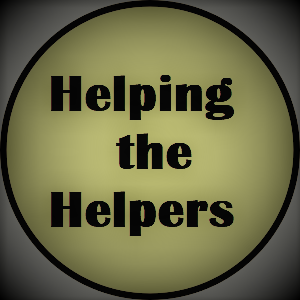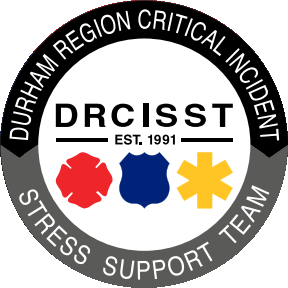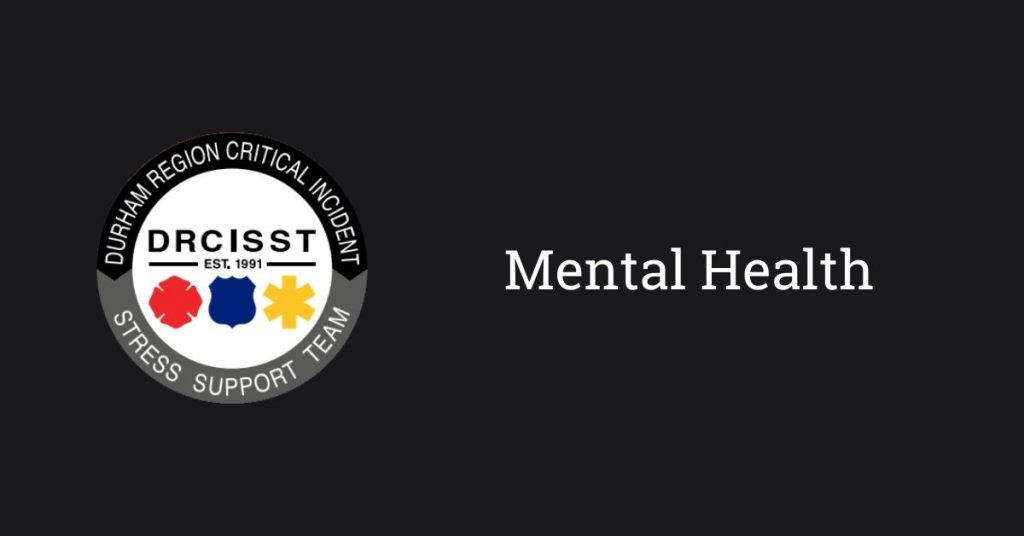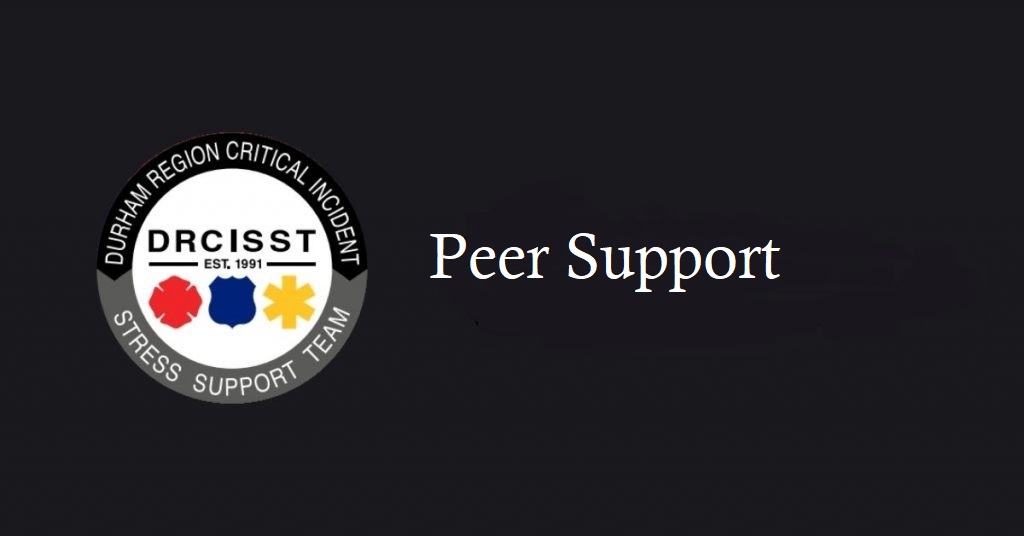- Take immediate action to ensure your physical safety and the safety of others. If it’s possible, remove yourself from the event/scene in order to avoid further traumatic exposure.
- Address your acute medical needs (e.g., If you’re having difficulty breathing, experiencing chest pains or palpitations, seek immediate medical attention).
- Find a safe place that offers shelter, water, food and sanitation.
- Become aware of how the event is affecting you (i.e., your feelings, thoughts, actions—and your physical and spiritual reactions).
- Know that your reactions are normal responses to an abnormal event. You are not “losing it” or “going crazy.”
- Speak with your physician or healthcare provider and make him/her aware of what has happened to you.
- Be aware of how you’re holding-up when there are children around you. Children will take their cues from the adults around them.
- Try to obtain information. Knowing the facts about what has happened will help you to keep functioning.
- If possible, surround yourself with family and loved ones. Realize that the event is likely affecting them, too.
- Tell your story. And, allow yourself to feel. It’s okay—not to be okay during a traumatic experience.
- You may experience a desire to withdraw and isolate, causing a strain on significant others. Resist the urge to shut down and retreat into your own world.
- Traumatic stress may compromise your ability to think clearly. If you find it difficult to concentrate when someone is speaking to you, focus on the specific words they are saying—work to actively listen. Slow down the conversation and try repeating what you have just heard.
- Don’t make important decisions when you’re feeling overwhelmed. Allow trusted family members or friends to assist you with necessary decision-making.
- If stress is causing you to react physically, use controlled breathing techniques to stabilize yourself. Take a slow deep breath by inhaling through your nose, hold your breath for 5 seconds and then exhale through your mouth. Upon exhalation, think the words “relax,” “let go,” or “I’m handling this.” Repeat this process several times.
- Realize that repetitive thinking and sleep difficulties are normal reactions. Don’t fight the sleep difficulty. Try the following: Eliminate caffeine for 4 hours prior to your bedtime, create the best sleep environment you can, consider taking a few moments before turning out the lights to write down your thoughts—thus emptying your mind.
- Give yourself permission to rest, relax and engage in non-threatening activity. Read, listen to music, consider taking a warm bath, etc.
- Physical exercise may help to dissipate the stress energy that has been generated by your experience. Take a walk, ride a bike, or swim.
- Create a journal. Writing about your experience may help to expose yourself to painful thoughts and feelings and, ultimately, enable you to assimilate your experience.
- If you find that your experience is too powerful, allow yourself the advantage of professional and/or spiritual guidance, support and education.
- Try to maintain your schedule. Traumatic events will disrupt the sense of normalcy. We are all creatures of habit. By maintaining our routines, we can maintain a sense of control at a time when circumstances may lead us to feel a loss of control.
- Crises present opportunities. Cultivate a mission and purpose. Seize the energy from your experience and use it to propel you to set realistic goals, make decisions and take action.
IN THIS ARTICLE
When Dealing With A Traumatic Event
Check out these tips for dealing with traumatic events.

DRCISST Team
Resource Writing Department
- DRCISST Team
- January 9, 2021
- Public Resources, Trauma Management

Durham Region Critical Incident Stress Support Team
Durham Region Critical Incident Stress Support Team is a team comprised of experts in dealing with crisis induced stress and trauma.



